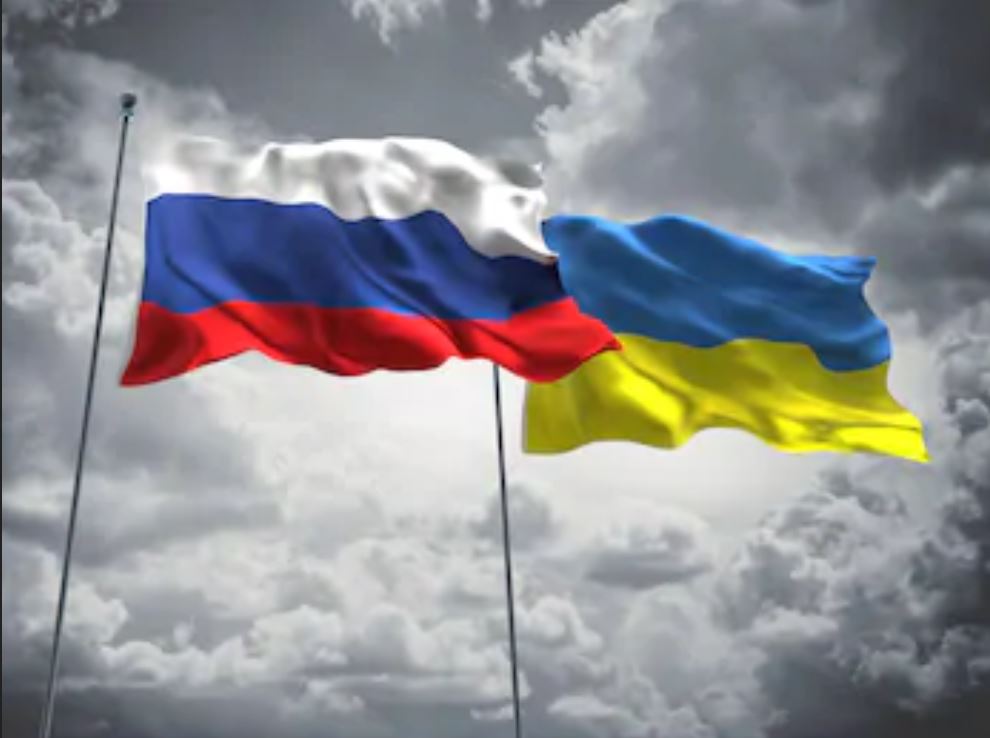Russia, Ukraine, EU Agree 'In Principle' on New Gas Deal
By Vladimir Soldatkin and Katya Golubkova
MOSCOW (Reuters) - Russia, Ukraine and the European Commission, after hours-long talks on Thursday, agreed in principle on a new gas deal starting after Jan 1, 2020, European Commission Vice President Maros Sefcovic told a briefing.

Ukraine is a key transit route for Russian piped gas exports to Europe. The current deal between the two post-Soviet countries expires at the end of the year.
"After these very intensive talks I am very glad to say that we reached an agreement in principle on all key elements which I believe is very positive news for Europe, for Russia and Ukraine," Sefcovic said.
Sefcovic, Ukraine’s energy minister, Oleksiy Orzhel, and Russian Energy Minister Alexander Novak met in Berlin on Thursday. They did not provide details.
Gazprom said in a statement that Moscow and Kiev would meet on Friday in the Belarus capital of Minsk to continue talks.
Orzhel, speaking at the same briefing, said he hoped to reach "positive results for all sides" soon. Novak, praising Germany's brokerage in the deal, said that "we all have done a good work."
Earlier this year, German Chancellor Angela Merkel appointed Georg Graf Waldersee a special Germany envoy to represent Berlin's interests in the gas talks.
Russia and Germany are allies in Nord Stream 2 gas pipeline, to be launched next year. It would double Russian gas supplies to Germany via the route running beneath the Baltic Sea, known as Nord Stream 1.
Meeting After Normandy Talks
Russia, Ukraine and the European Commision officials were meeting 10 days after so-called Normandy talks in Paris on Dec. 9, attended by presidents of Russia, Ukraine, France and Germany's Merkel.
Russia’s Vladimir Putin and Ukraine's Volodymyr Zelenskiy, in their first face-to-face meeting, discussed prisoner exchange, a renewed commitment to implement an existing ceasefire agreement in eastern Ukraine’s Donbass region and gas.
Moscow is currently building two gas pipelines, Nord Stream 2 and TurkStream. The latter's extension to south-east Europe is aimed at bypassing Ukraine.
At his annual news conference on Thursday, Putin said Moscow planned to keep gas transit via Ukraine irrespective of new gas pipelines Russia builds, in a sign of a softer stance towards its ex-Soviet neighbour, from which Moscow annexed the Crimea peninsula in 2014.
"We will look for a solution that is acceptable for all parties, including Ukraine," Putin said, adding that Russia would be ready to give Kiev a discount of 20-25% for gas purchases.
"I am confident we will reach an agreement... We have no desire to exacerbate the situation... or use this to influence the situation in Ukraine itself."
Ukraine halted its own direct imports of Russian gas in November 2015.
Related News
Related News

- Kinder Morgan Proposes 290-Mile Gas Pipeline Expansion Spanning Three States
- Valero Plans to Shut California Refinery, Takes $1.1 Billion Hit
- Three Killed, Two Injured in Accident at LNG Construction Site in Texas
- Tallgrass to Build New Permian-to-Rockies Pipeline, Targets 2028 Startup with 2.4 Bcf Capacity
- TC Energy Approves $900 Million Northwoods Pipeline Expansion for U.S. Midwest
- U.S. Pipeline Expansion to Add 99 Bcf/d, Mostly for LNG Export, Report Finds
- US Poised to Become Net Exporter of Crude Oil in 2023
- EIG’s MidOcean Energy Acquires 20% Stake in Peru LNG, Including 254-Mile Pipeline
- Construction Begins on Ghana's $12 Billion Petroleum Hub, But Not Without Doubts
- Valero Plans to Shut California Refinery, Takes $1.1 Billion Hit




Comments